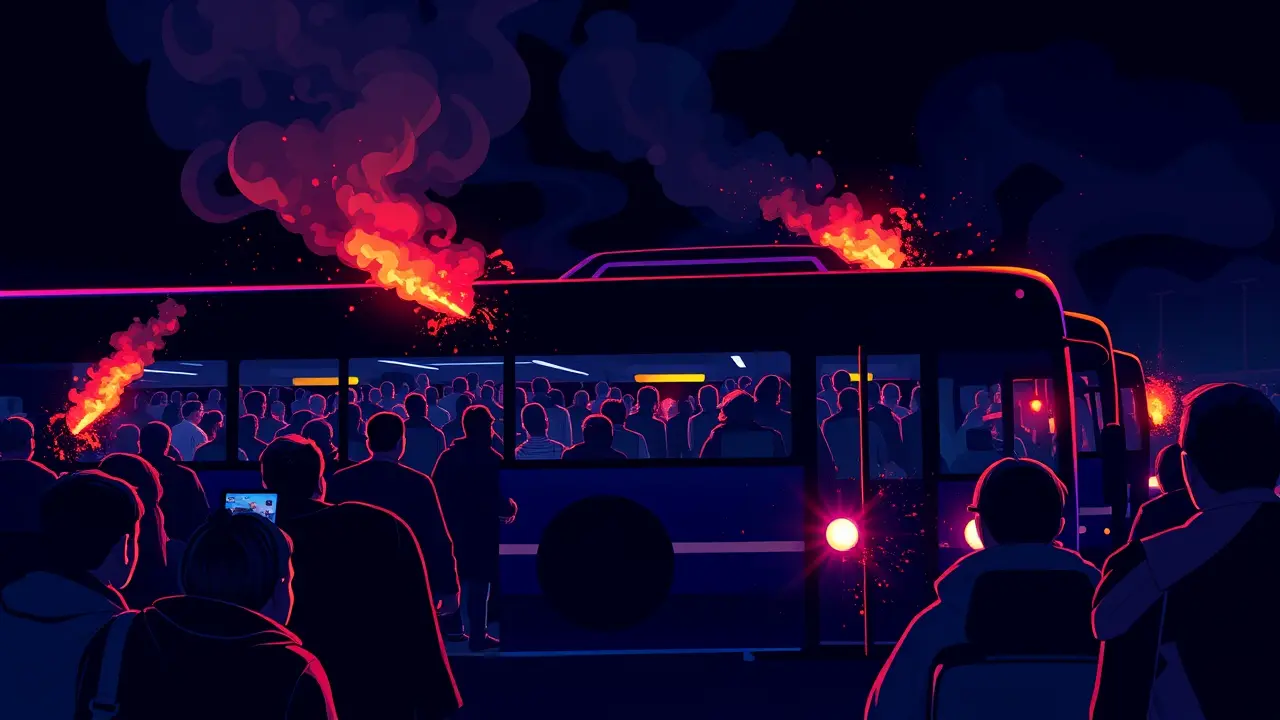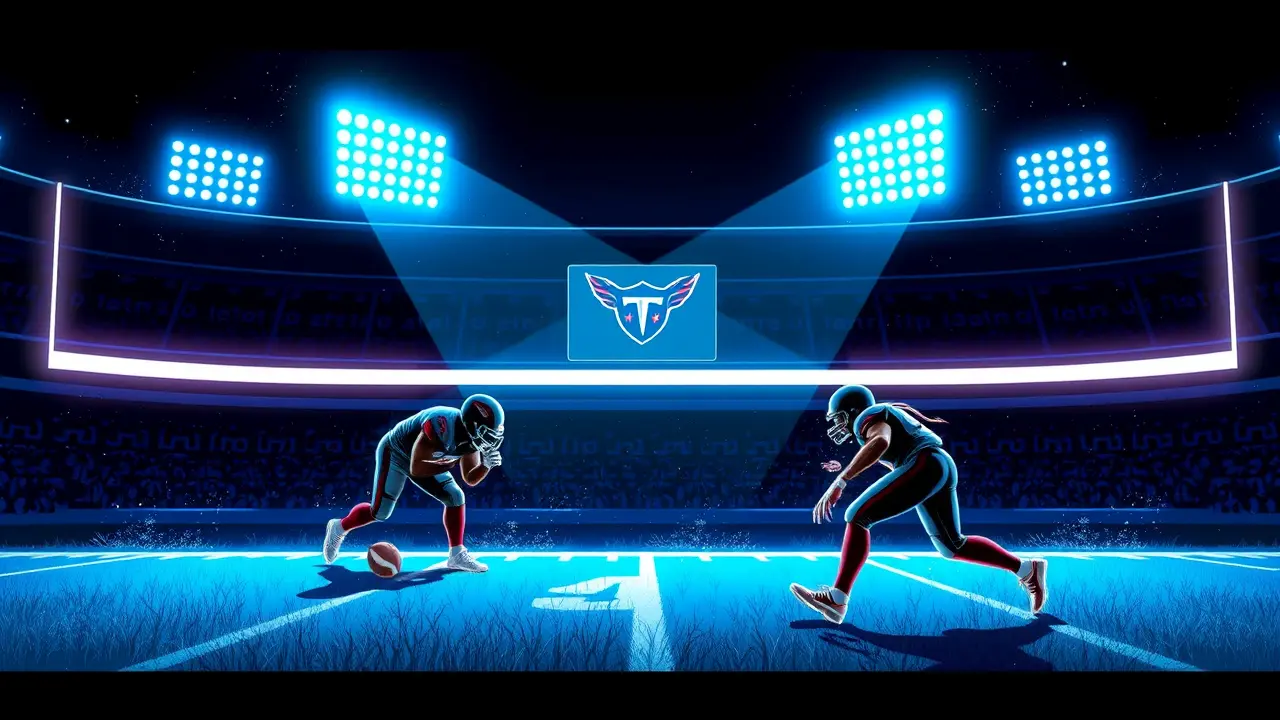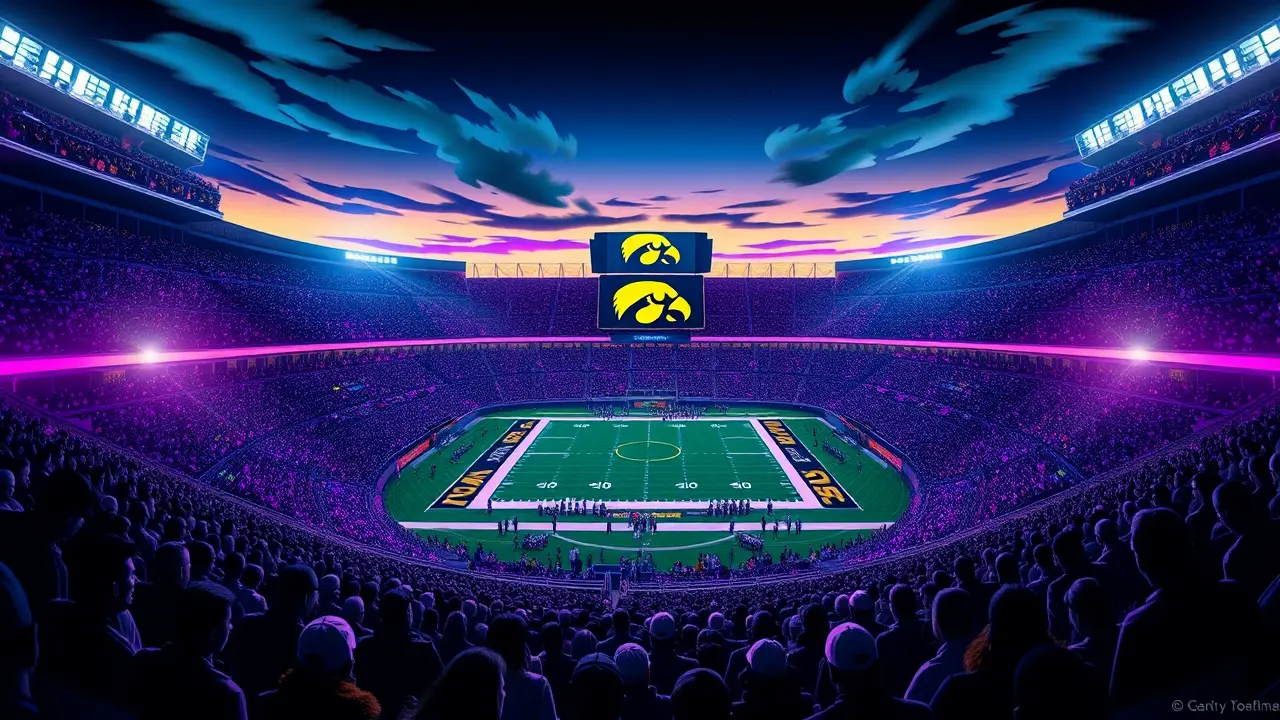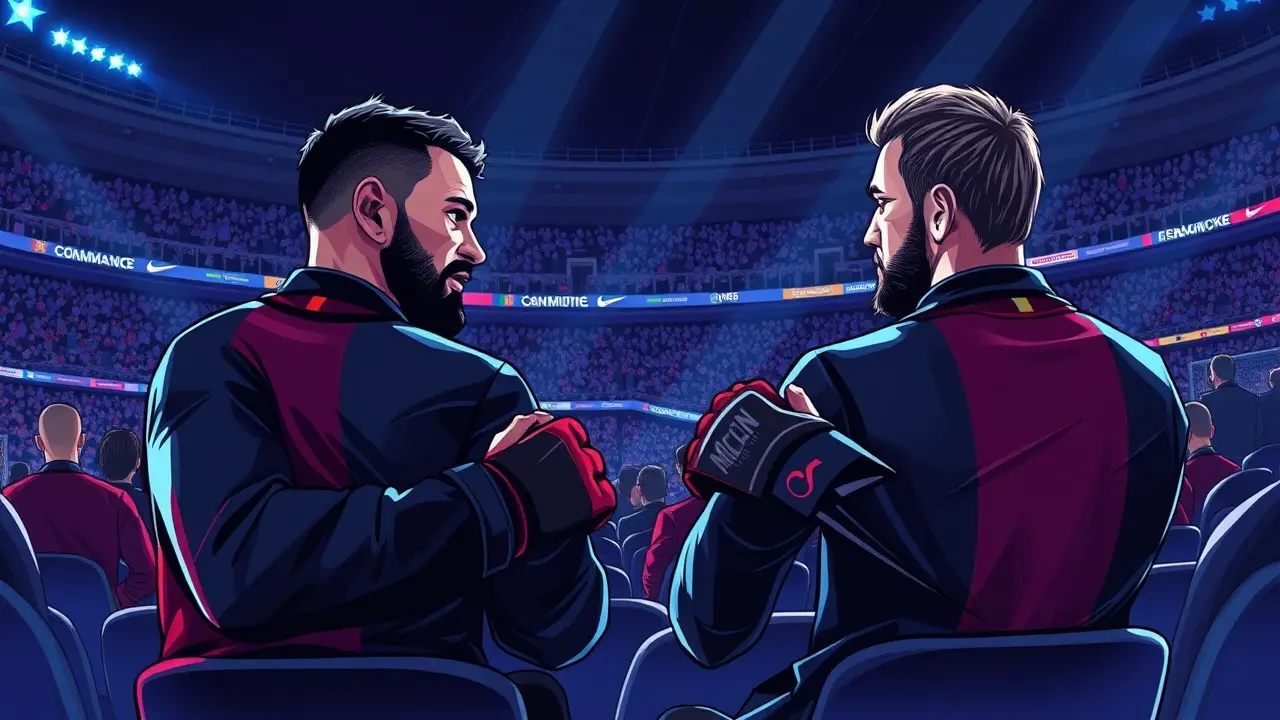
SportfootballUEFA Champions League
Barcelona fans evacuated after bus fire before Champions League match.
JA
Jack Turner
3 hours ago7 min read1 comments
The familiar, acrid scent of smoke and panic replaced the usual pre-match anticipation for a busload of FC Barcelona supporters en route to a Champions League clash in the historic city of Bruges, a journey that turned from a pilgrimage into a perilous evacuation after a lit flare—a symbol of fan passion gone horribly awry—ignited a fire aboard their vehicle. This wasn't just a minor travel disruption; it was a stark reminder of the thin line between fervent support and outright danger, a scenario that evokes painful memories of past stadium tragedies and forces a necessary, if uncomfortable, conversation about modern fan culture.While initial reports thankfully indicated no serious injuries, the psychological impact on those evacuated, many of whom are the lifeblood of the club's European away days, cannot be understated, and the incident immediately draws parallels to the kind of analytical deep-dive we apply to on-pitch performances: what were the root causes? Was this a failure of security protocols at the point of departure, a lapse in judgment by an individual, or a symptom of a broader, more systemic issue within organized supporter groups? One must consider the context; this occurred against the backdrop of a Bruges side that, while historically significant, is a shadow of its former European powerhouse self, with a current squad valuation that wouldn't cover the annual salary of a single Barça star like Robert Lewandowski, a player whose clinical finishing is the antithesis of such chaotic off-pitch events. The financial chasm between these clubs, with Barcelona's revenue streams from their Spotify Camp Nou and global merchandising dwarfing those of their Belgian hosts, sometimes creates a volatile atmosphere where traveling fans feel an immense pressure to project an image of unwavering, and sometimes reckless, dominance.This fire, therefore, is more than a flash in the pan; it's a symptom of the immense pressures and identities wrapped up in following a global institution like Barça, a club still navigating its post-Messi identity and whose fans carry the weight of that history on every trip. The response from local Belgian authorities and UEFA will be scrutinized with the same intensity as a VAR decision, likely leading to stricter enforcement of existing regulations on pyrotechnics at away fixtures, a move that will be debated endlessly in fan forums.Some will argue it’s a necessary step for safety, akin to the introduction of goal-line technology—an unambiguous improvement. Others will decry it as an overreach, a sanitization of the raw, tribal passion that makes European nights electric, stripping the game of its soul much like how the Super League proposal attempted to do.The incident also invites comparison to legends of the game; where a figure like Johan Cruyff, a philosopher of football, preached ‘Total Football’ based on control and intelligence, this was the very opposite—a loss of control, a moment of pure, unthinking chaos. The consequences could ripple beyond this single match, potentially affecting the allocation of tickets for future away games, increasing insurance premiums for travel operators, and even influencing the club’s own engagement strategies with its most ardent followers. In the grand, data-driven tapestry of a football season, this bus fire is an outlier, a non-xG event that nonetheless carries significant weight, reminding everyone that for all the talk of tactics, passing networks, and press triggers, the human element—with all its glorious and dangerous passion—remains the most unpredictable and compelling variable in the beautiful game.
#featured
#Barcelona
#bus fire
#Champions League
#fan evacuation
#Bruges
#flare incident
Stay Informed. Act Smarter.
Get weekly highlights, major headlines, and expert insights — then put your knowledge to work in our live prediction markets.
Related News
© 2025 Outpoll Service LTD. All rights reserved.














